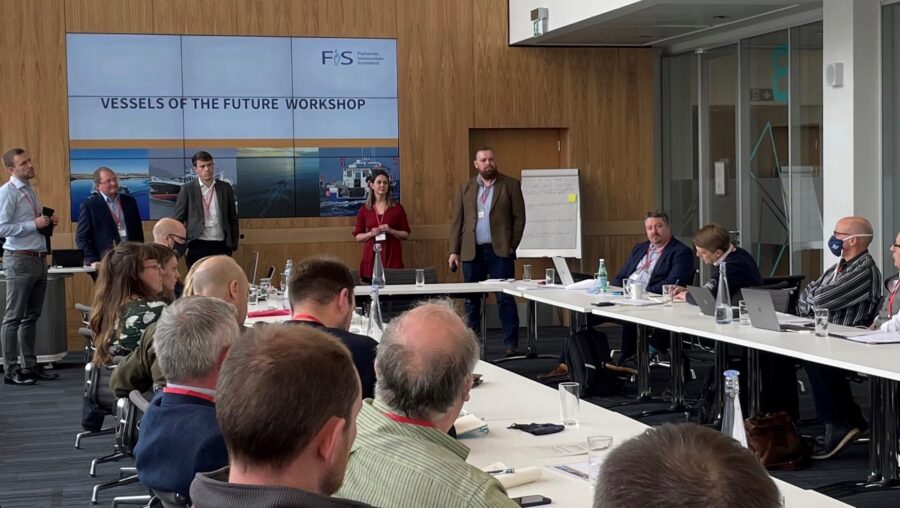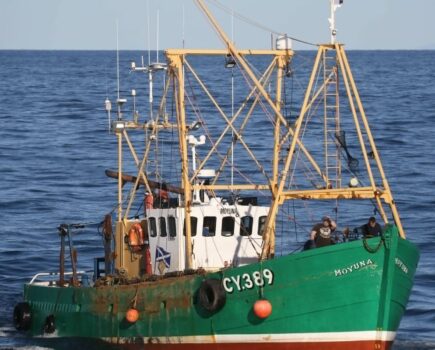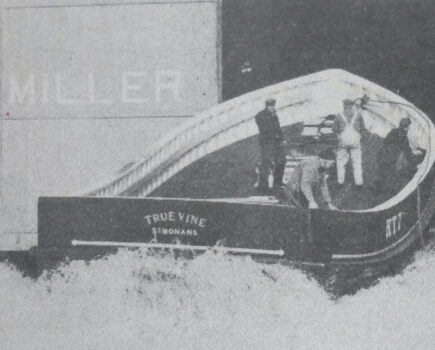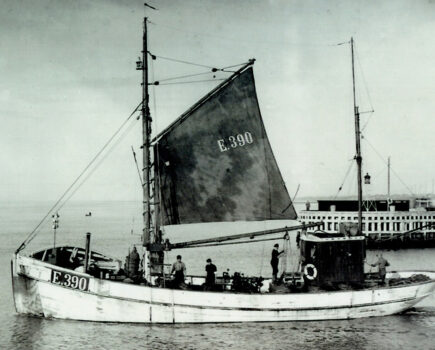The need to shift the industry away from carbon dependency and develop safe and viable vessels using alternative fuels is more urgent than you might think, explain the team at Fisheries Innovation & Sustainability
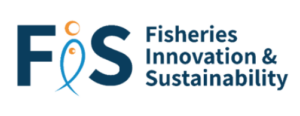
Delaying investment in net-zero fishing vessels is a risky strategy, according to a new report commissioned by Fisheries Innovation & Sustainability (FIS), the coalition of experts driving innovation in UK seafood.
The study, produced by Macduff Ship Design, explains that net-zero fuels are currently no match for diesel-powered fishing vessels, but that failing to invest in this technology and the associated safety, training and infrastructure now could leave fleets unviable sooner than expected.
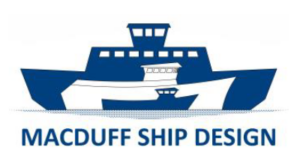
Naval architect Duncan Boag reviewed three existing diesel fishing vessels to see if a new net-zero vessel using alternative fuels, power systems and drivetrains could replicate their capabilities. With help from Exeter University’s Centre for Future Clean Mobility, Phase 2 of the study will go on to produce concept designs for these vessels utilising the most promising options. These concepts will help us understand the technical, regulatory and financial barriers preventing the uptake of new technology by the UK fishing industry.

Duncan Boag said: “None of the alternative fuels we have reviewed can be stored as space-efficiently as diesel. They all have more complicated tank, piping and safety requirements which use more space onboard.
“In most cases, to match the operation of an existing diesel vessel, the new design will have to be larger – potentially significantly increasing capital costs. This, coupled with the current high cost and low availability of alternative fuels and equipment, means that the first net-zero vessels are unlikely to be commercially competitive compared to existing diesel vessels.
“With government net-zero targets two decades away, it might seem an attractive option to stick with diesel vessels and worry about it when the deadline arrives. While an understandable viewpoint, it is a very risky approach! It would be catastrophic for the industry if, by these deadlines, many fishing vessels are not compliant with net-zero legislation and are therefore prevented from operating.
“Failure to invest also risks that other industries push technology and infrastructure in a direction that is unsuitable for fishing vessels, and we become constrained to these options and have to make more significant compromises on design and operation.”

Macduff Ship Design naval architect Duncan Boag, who authored the report.
Professor Christopher Smith, director of the Centre for Future Clean Mobility, is worried that skippers might have to find workable alternatives to diesel sooner than expected. He said: “Diesel sales in the UK are dominated by road cars, and that demand is going to fall rapidly in the next few years.
“In four to five years’ time, UK diesel sales could have dwindled to 30% of today’s demand. I can’t help but think this will affect both fishing vessel diesel fuel prices and availability.
“Getting MCA approval to use alternative fuels is difficult right now, and even getting sufficient data to start the approvals process is very tricky. We are starting a project later this year, funded by the Regulators’ Pioneer Fund, to develop regulations for a new class of vessel – a prototype vessel – and the MCA is a partner in this.
“We expect in two years’ time there will be a route for new propulsion systems to get to sea for testing, to open the door for full classification approval. We are looking for fishing businesses to join a user panel for this project.”

The FIS Vessels of the Future workshop in Glasgow last spring, where the idea for the project was hatched.
FIS executive director Kara Brydson said: “A lack of cross- sector planning and support could have a serious impact on the viability of UK fishing fleets. This was the message loud and clear from FIS’ Vessels of the Future workshop last year – we must start addressing this properly in 2023.
“The challenges aren’t unique to one fleet or even one nation, so it’s fitting that this report is our first with FIS’ new name and remit, supporting the seafood industry across the UK.”
The full Phase 1 report is available at: fiscot.org/latest-news Phase 2 of this project, to develop detailed concept designs using power data taken directly from fishing vessels, is supported by the Marine Fund Scotland and will complete this spring.
FIS expands with UK-wide remit
FIS is expanding in scope to reach a wider range of seafood businesses and communities. Fisheries Innovation Scotland is now Fisheries Innovation & Sustainability, reflecting the support FIS is extending to the whole UK seafood community.
At the FIS AGM in December, the board formally agreed that FIS should evolve to have a UK-wide remit – to facilitate, co-ordinate and leverage investment for innovation in UK seafood. FIS is funded and governed by its board of trustees, consisting of senior representatives of Marks & Spencer, Sainsbury’s, Young’s Seafood, The Fishmongers’ Company and Seafish.
John Goodlad, chair of the FIS board, said: “There are so many new challenges facing not only the Scottish catching sector, but end-to-end along the UK seafood supply chain, which point to an even greater need for innovative thinking. It’s time for FIS to serve as a catalyst for greater prosperity and sustainability across UK seafood.”
FIS executive director Kara Brydson added: “Our current projects add value to businesses and communities across the UK by developing precision fishing gear, supporting decarbonisation in ways that are practical for UK fleets, and piloting ‘whole supply chain’ digitalisation to improve traceability and verification.
“We have had wonderful support and advice from our Scottish industry advisors, and we’re now establishing a new, inclusive stakeholder structure that reflects our expanded remit.”
Since 2014, when FIS was established by the Scottish government with support from the Scottish Fishermen’s Federation and others, it has commissioned multidisciplinary research projects worth more than £2m to support prosperous and sustainable fisheries.
This story was taken from the latest issue of Fishing News. For more up-to-date and in-depth reports on the UK and Irish commercial fishing sector, subscribe to Fishing News here or buy the latest single issue for just £3.30 here.

